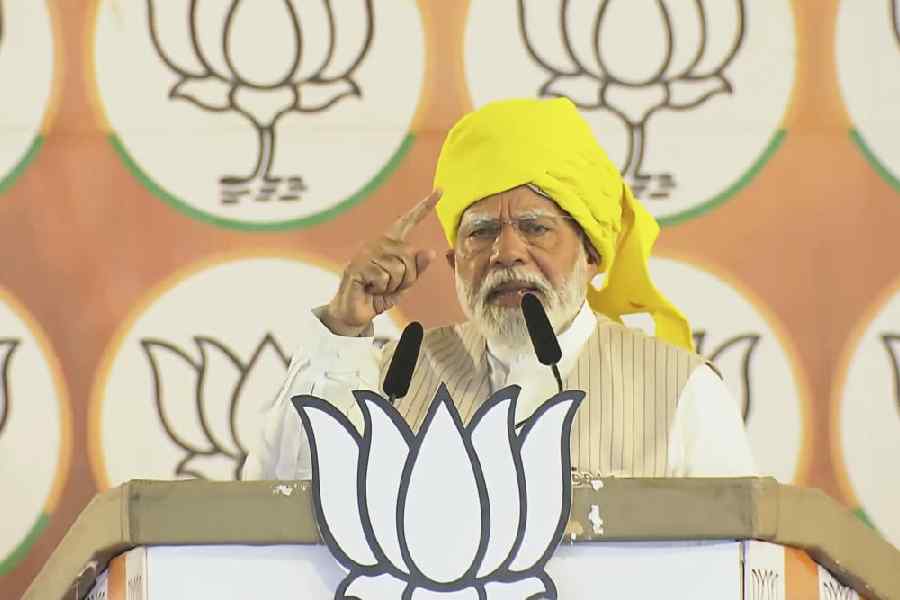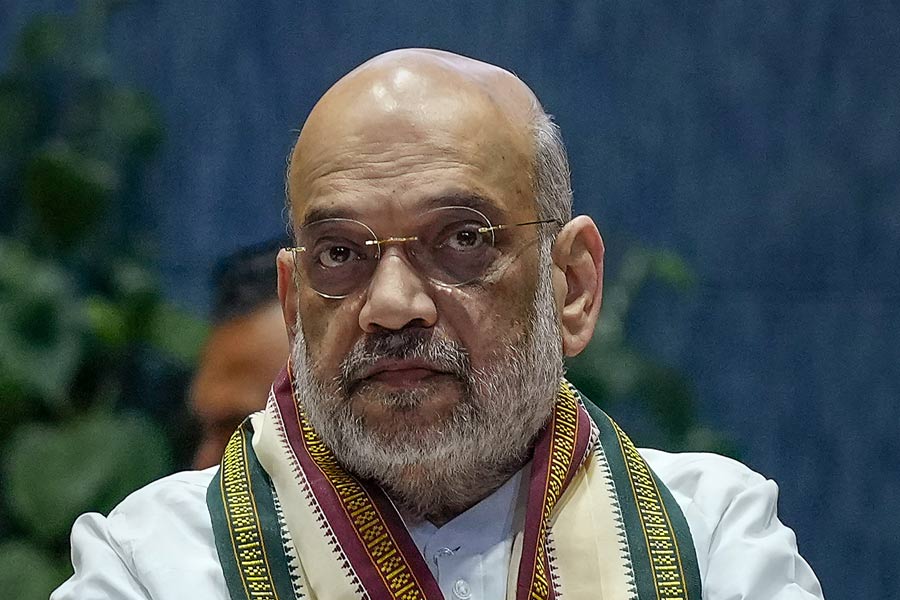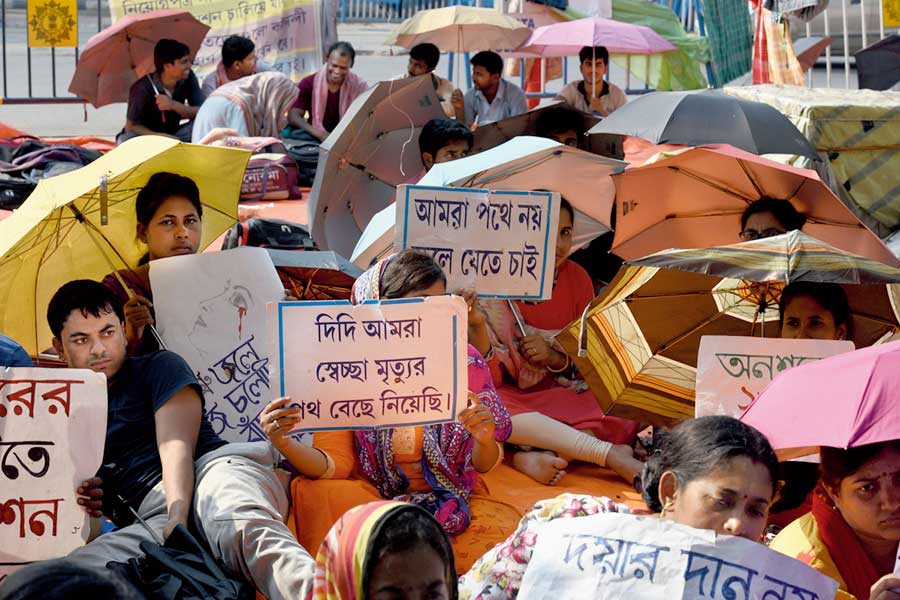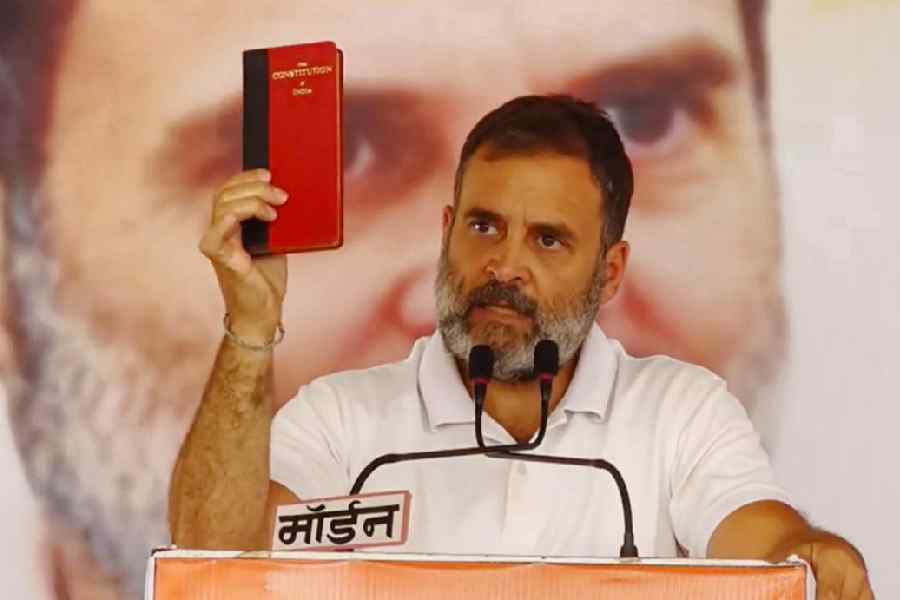The Supreme Court on Thursday quashed a criminal case against Javed Ahmad Hajam, a Maharashtra college professor booked by police for expressing unhappiness at the abrogation of Article 370 in Jammu and Kashmir and greeting Pakistan on its independence day.
A bench of Justice Abhay S. Oka and Ujjal Bhuyan said “democracy, which is an essential feature of the Constitution of India, will not survive” if such forms of dissent are suppressed.
“Describing the day the abrogation happened as a ‘Black Day’ is an expression of protest and anguish. If every criticism or protest of the actions of the State is to be held as an offence under Section 153-A, democracy, which is an essential feature of the Constitution of India, will not survive,” the apex court said.
“The right to dissent in a legitimate and lawful manner is an integral part of the rights guaranteed under Article 19(1)(a). Every individual must respect the right of others to dissent.
“An opportunity to peacefully protest against the decisions of the government is an essential part of democracy. But the protest or dissent must be within four corners of the modes permissible in a democratic set-up,” the
court said.
Hajam had challenged the refusal of Bombay High Court to quash the criminal case registered against him.










